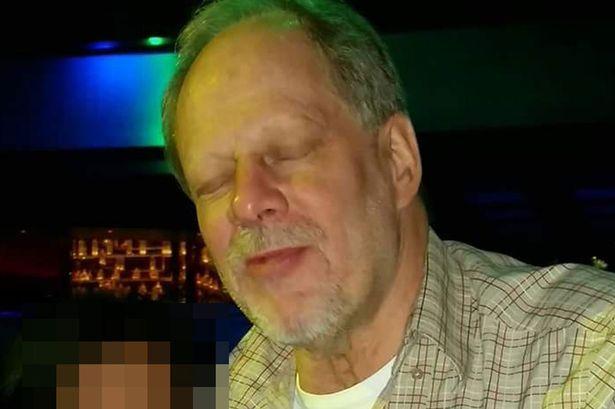An autopsy was performed on Las Vegas gunman Stephen Paddock’s brain, said Clark County Sheriff Joe Lombardo as officials are trying to piece together why he went on a shooting rampage that left 58 people dead.
Lombardo told the Las Vegas Review-Journal that the autopsy revealed no abnormalities in his brain as of Tuesday. Last week, there were theories that he suffered from a brain tumor or another type of disorder, leading to mental instability before the shooting.





